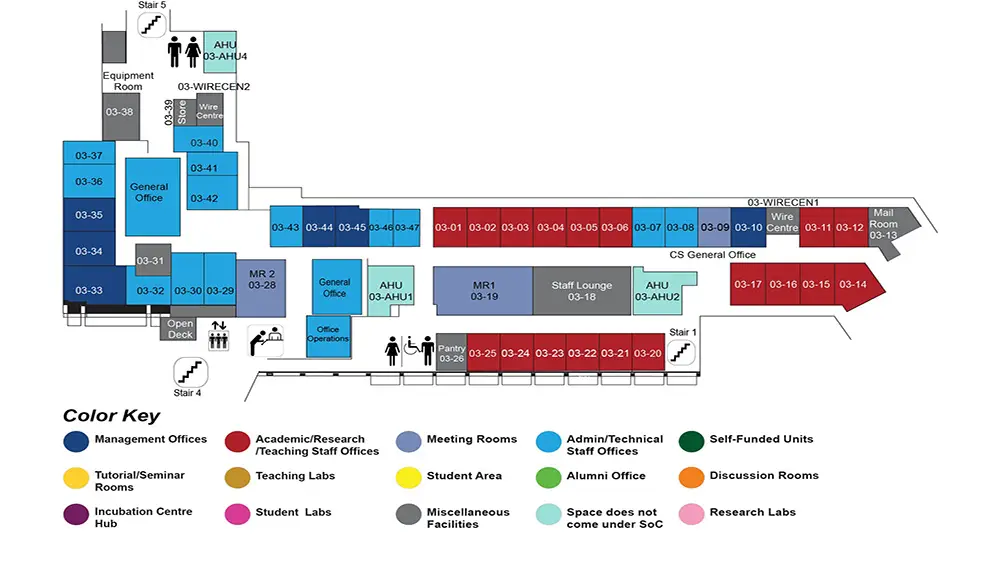Going beyond ID-based Recommender Systems by Exploiting External Knowledge
COM1 Level 3
MR1, COM1-03-19

Abstract:
Recommender systems play a critical role in reducing user effort when navigating items, with neural models typically representing users and items through unique identifiers (IDs). However, these systems often struggle with cold-start item issues and performance biases due to their heavy reliance on item IDs. A promising solution lies in harnessing external knowledge, including attributes, visual characteristics, and external linkages. This thesis explores techniques that link items without explicit ID correlations and enhance item representation through external information.
We begin by examining these techniques in real-world recommendation scenarios. To address the cold-start problem, we develop structural pathways from textual data to identify relevant items without over-reliance on unique item identifiers. For improved fairness, we introduce unbiased representations of external attributes through adversarial training, leveraging their statistical properties to create more balanced embeddings for items and users.
Furthermore, we delve into the challenges posed by external knowledge. While valuable, external knowledge can increase computational costs and introduce domain gaps. Structural knowledge, such as that found in knowledge graphs, provides explicit external linkages between items but can lead to excessive computational demands in sequential item modeling. To mitigate this, we incorporate user behavior during the pretraining stage of the knowledge graph to distill relevant temporal information, enhancing both efficiency and accuracy in sequential recommendations.
Conversely, unstructured knowledge, such as multimodal (images and text) features, offers less explicit connections between items and presents a different challenge: domain gaps. We propose two solutions. The first focuses on the timing of inter-modal and intra-modal fusion to bridge domain gaps across various modalities. The second addresses the domain gap between original modality encoders and recommender systems by distilling correlations from the original modality to guide the embedding of the modality used within the recommendation target system, ensuring smoother adaptation.
In summary, this comprehensive exploration of leveraging external knowledge in recommender systems not only addresses the current limitations but also opens new avenues for knowledge-aware recommendations that go beyond traditional ID-based methods.

